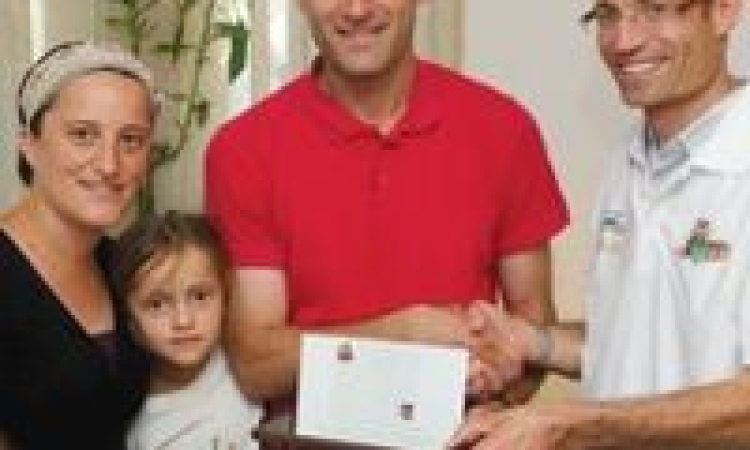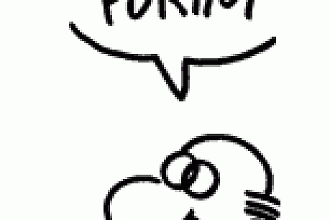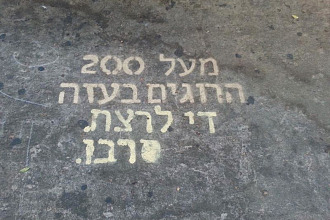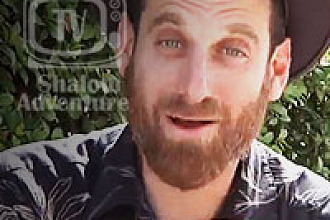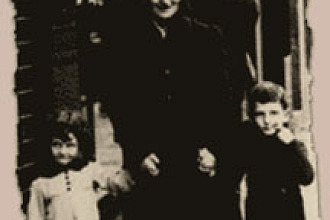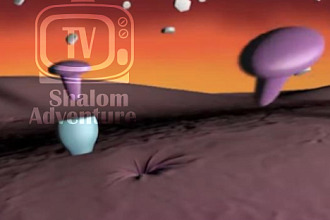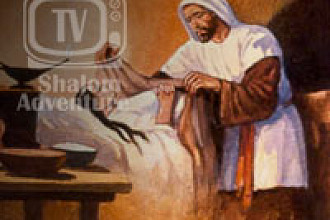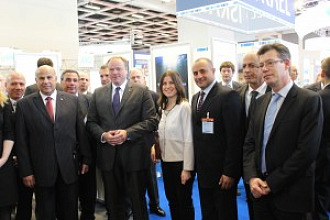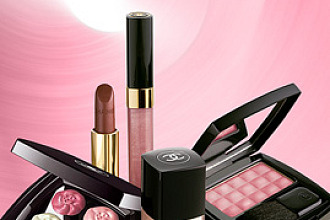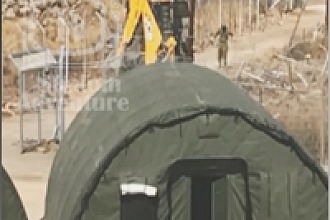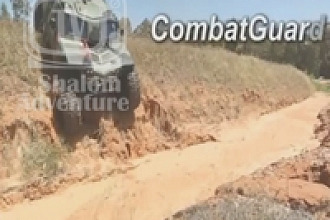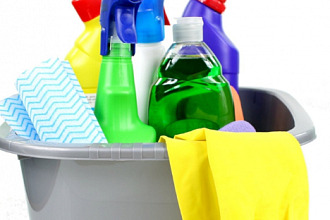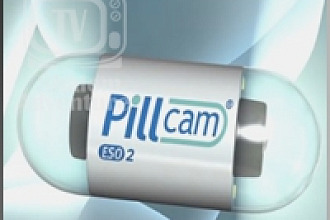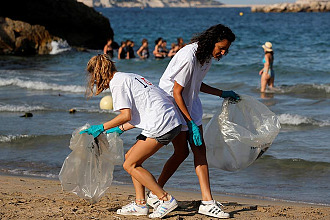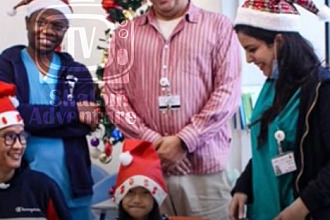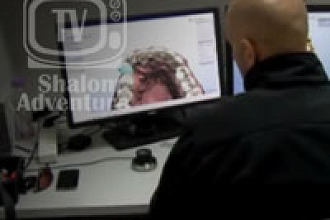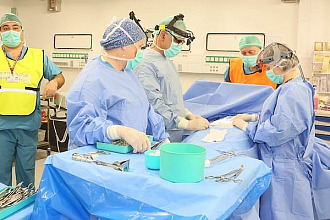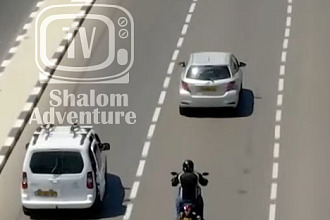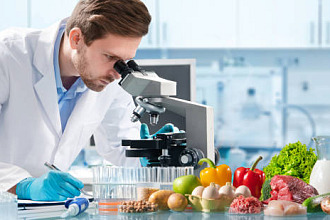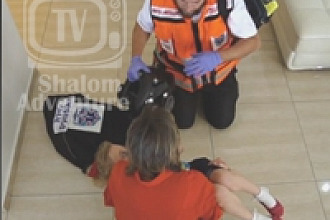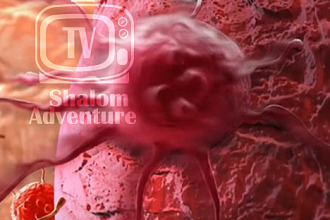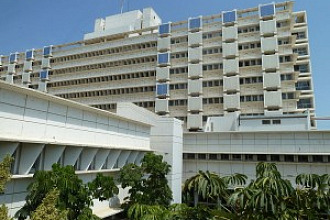Alongside 30 other authorities thus far throughout Israel, all 700 Alon Shvut families begin separating their waste at home.
The 700 families of the southwestern Gush Etzion settlement of Alon Shvut have become the first in the West Bank to join in Environmental Protection Minister Gilad Erdan’s waste separation “green revolution.”
Alongside 30 other authorities thus far throughout Israel, all 700 Alon Shvut families began on Tuesday to separate their waste at home into multiple wet and dry streams for collection, having received three different waste bins from the Gush Etzion Regional Council.
Soon to follow will be 150 families in Rosh Tzurim and Kfar Etzion, according to information provided by the settlement.
Throughout the past few months, the regional council and the Alon Shvut community center provided tutorials, classes and school activities to pave the way for the arrival of the bins, the settlement said. During the summer, eight environmental instructors from the council visited the homes of the first 850 families that received the bins to provide training.
The Environmental Protection Ministry initially allocated NIS 350 million toward waste separation in 31 Israeli authorities, which was followed two weeks ago by additional financing of NIS 160m. for future participants. Nearly 94,000 households are already participating in the waste separation effort, and about 1.5 million people should be separating their waste by 2014, the ministry said.
Replacing their large traditional green trash bins, the Alon Shvut families are now separating their trash into three bins – a brown container for wet organic waste to be transformed into compost, which will be collected approximately twice a week for transport to the Delila compost site at Sde Warburg in the Sharon region, the Alon Shvut statement said. Residents are using an orange container for the disposal of packaging waste, including materials that will be sent once a week for recycling and reuse in industry.
The third container, a green one, will be for items that can not yet be recycled, such as diapers, disposable wipes, toys, cigarette butts and broken objects, the settlement said. This trash will travel to a landfill once a week.
“The Gush Etzion community center decided to join the separation-atsource project, with the outlook that this is a community issue of utmost importance,” said Meni Katz, director of the Etzion Community Center.
While other councils and authorities participating in the project have hired external bodies to help implement the process, Gush Etzion enlisted the community center to be in charge, according to Katz.
“As a result, the Environmental Protection Ministry is considering adopting the model and implementing it at other councils throughout the country in order to greatly save public funds in the framework of social services provided by community centers,” Katz said.
Davidi Perl, head of the Gush Etzion Regional Council, said participating residents appreciated having the “privilege of taking part in the environmental revolution of Israel” and noted the many positive responses the council had received regarding its doorto- door training.
“We are proud to be the first council in Judea and Samaria that has begun such a significant project as waste separation at source,” Perl said. “We will continue to work toward a better life in general, and in Gush Etzion in particular.”
Originally from here
Posted on Shalom Adventure by: Jeff Zaremsky

